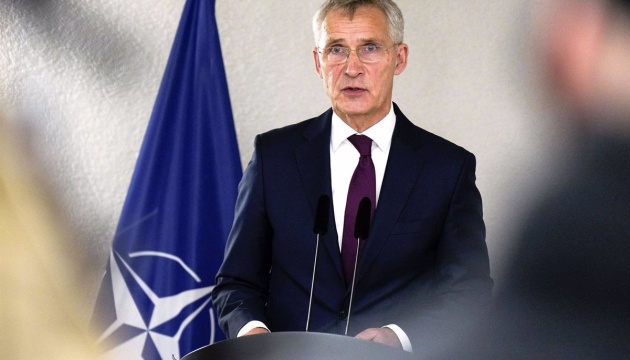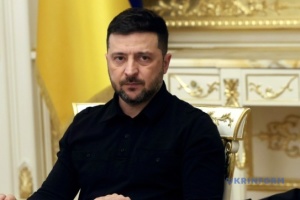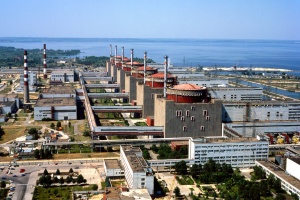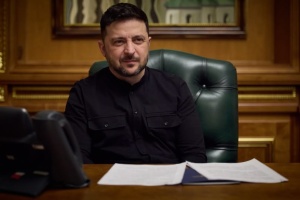
NATO to coordinate work as part of Ukraine Defense Contact Group - Stoltenberg
NATO Secretary General Jens Stoltenberg said this ahead of a meeting of NATO foreign ministers in Brussels on Wednesday, according to an Ukrinform correspondent.
"NATO is part of the Contact Group. The Contact Group has done extremely important work, has been key in delivering support, and NATO allies have delivered an unprecedented level of military support to Ukraine, not least organized by the UDCG, the Ukraine Defense Contact Group, the Ramstein format. We were able to coordinate with existing structures, because it's very much the same people in charge of everything, here it is General Cavoli who is the U.S. commander, but at the same time also the NATO commander, so of course, this will be coordinated," Stoltenberg said.
He noted that the issue of greater coordination of these efforts stems from what Allies see on the battlefield in Ukraine, where the situation remains demanding and difficult. Even though NATO allies have already done a lot for Ukraine, this is not enough. Ukrainians need more support, but they also need more predictable and long-term support.
"In order to plan, organize and launch offensives, you need long-term planning, you need to know what you are going to have and what type of equipment and what kind of support and what kind of maintenance. And this requires stronger institutionalized framework to deliver a more robust and predictable support to Ukraine. So that's the reason why we're discussing this. It's a reflection of the seriousness on the battlefield," Stoltenberg said.
At the same time, he emphasized the importance of allies making such decisions regarding the supply of military equipment to Ukraine quickly. This also applies to the United States, although it is not the only supporter for Ukraine. European Allies and Canada are providing roughly 50 percent of this aid, so it is a joint effort, although the United States remains obviously the largest provider of such aid.
"The fact that there has been no agreement in the U.S. Congress on a supplemental or continued this support has consequences. That's one of the reasons why the Ukrainians have to ration the number of artillery shells, why they have problems standing up against the Russian force with overwhelming military power because they're able to outgun them with more ammunition and more artillery. And the answer to that is to then make the decisions and not least in the U.S. Congress," Jens Stoltenberg stressed.
He noted that any delay in such decisions has real consequences on the battlefield. At the same time, according to Stoltenberg, his meetings with senators and members of the U.S. House of Representatives confirmed that most of them are in favor of providing such support to Ukraine. So the issue is now to turn that majority into a vote from decision.
"I expect the U.S. now to make a decision because it's in the U.S. security interest to ensure that President Putin doesn't prevail in Ukraine, not least because this will also encourage other authoritarian leaders, including Beijing to use military force and violate international law," Stoltenberg said.




